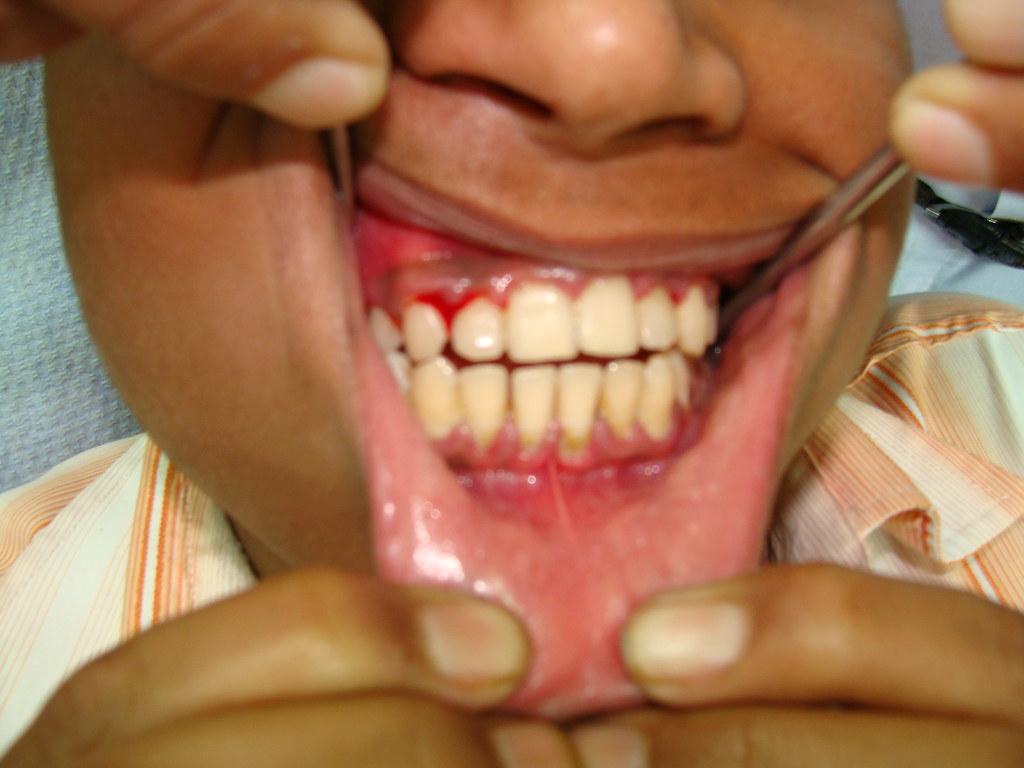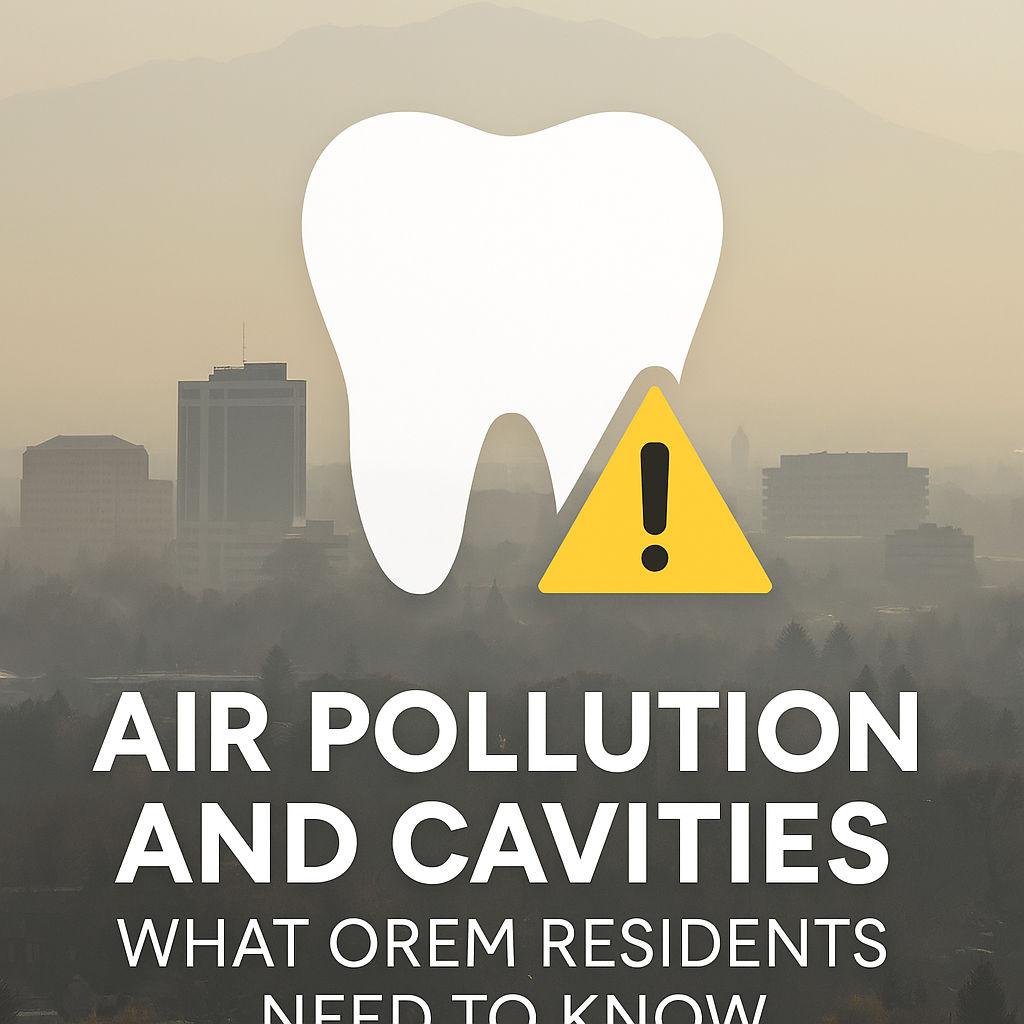Gum disease, also known as periodontal disease, is a prevalent oral health issue that affects millions of people worldwide. Despite its common occurrence, gum disease can have serious consequences if left untreated, including tooth loss and systemic health problems. Understanding the causes, symptoms, and treatment options for gum disease is essential for maintaining optimal oral health and overall well-being.
What is Gum Disease?
Gum disease encompasses a range of conditions that affect the gums and supporting structures around the teeth. The primary stages of gum disease include gingivitis and periodontitis. Gingivitis is characterized by inflammation of the gums caused by plaque buildup, while periodontitis involves irreversible damage to the gums, ligaments, and bone surrounding the teeth.
Causes and Risk Factors
Plaque, a sticky film containing bacteria, saliva, and food particles, is the primary cause of gum disease. When plaque is not adequately removed through proper oral hygiene practices, it can harden into tartar or calculus, leading to gum inflammation and infection. Several risk factors contribute to the development of gum disease, including poor oral hygiene, smoking, genetic predisposition, certain medical conditions (e.g., diabetes), and hormonal changes.
Health Implications
Gum disease is not just a dental issue—it is also linked to various systemic health conditions. Research has shown associations between gum disease and heart disease, respiratory disease, diabetes, stroke, and adverse pregnancy outcomes. The underlying mechanism appears to involve systemic inflammation, highlighting the importance of treating gum disease for overall health.
Treatment Options
The cornerstone of gum disease treatment is professional intervention through a procedure known as scaling and root planing, or a “deep cleaning.” During this procedure, plaque and tartar are removed from below the gumline, allowing the gums to heal and reattach to the teeth. In severe cases, surgical intervention may be necessary to repair damaged gum tissue and bone.
Prevention and Maintenance
Preventing gum disease starts with practicing good oral hygiene habits, including brushing twice a day, flossing daily, and scheduling regular dental check-ups. Additionally, lifestyle modifications such as quitting smoking and maintaining a healthy diet can reduce the risk of gum disease. For individuals with existing gum disease, diligent maintenance and monitoring are crucial to preventing disease progression and recurrence.
Expert Care at Canyon Gate Dental
At Canyon Gate Dental in Orem, Utah, our dedicated team of dental hygienists is committed to preventing and treating gum disease. Through gentle yet thorough cleanings and personalized care plans, we help our patients maintain optimal oral health and avoid the complications associated with gum disease. Whether you’re seeking preventive care or treatment for existing gum disease, our experienced hygienists are here to support you on your journey to a healthy smile.
Don’t let gum disease compromise your oral health and overall well-being. Schedule an appointment at Canyon Gate Dental today and take the first step towards a healthier smile.





